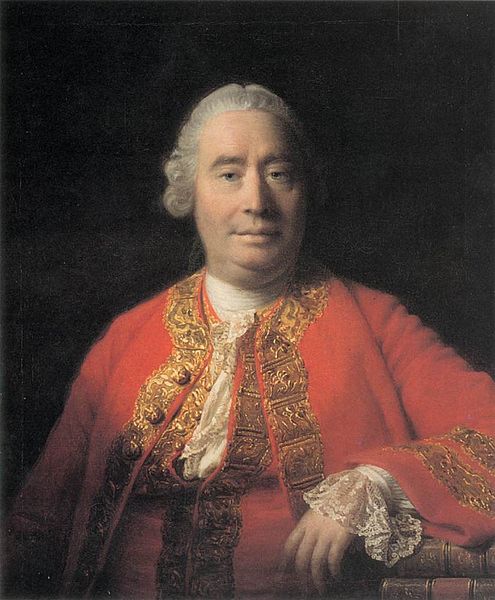
Thinking about this idea, it occurred to me that we not only perceive much of reality in this way, but we also communicate these perceptions through abstract media. When I wish to convey an image in my mind to someone else, I wrap it up in words and pitch it over the air. The job of the hearer is then to carefully unwrap those words in the hope that they will be able to correctly reconstruct that image in their own mind. Our success in connecting in this way depends on our mutual understanding of the meaning of certain words and our success in accurately wrapping and unwrapping that concept, or shadow of reality, with those words. Successfully connecting in this way is very satisfying, but can be quite difficult. It takes patience and a lot of practice. So it seems to me that none of us communicate directly, but through these abstractions of sense and language. We are, in this way, cut off from others in this life. We're very much alone. If all communication is abstracted through language and the senses, how can one soul touch another soul?
Well, I don't believe in that limitation exactly. At times in my life, I have experienced a type of soul-to-soul communion. I have felt a connection with the Spirit of God on occasion when He touches my soul and seems to communicate with me on a level that is more foundational than speech. At times like these, I don't feel so alone. And if God has direct access to reality (presumably His perception is not abstracted through limited sensory experiences), then this direct mode of communication offers me direct access to reality and truth.
This line of thinking led me to think that perhaps after this life, we'll be able to touch others on such a foundational level. Perhaps we'll also be able to interact with the rest of the external world on such a level - with reality itself - directly. If such direct communion is possible between people and between individuals and their environment - trees, animals, earth, air - by this, perhaps we can directly touch reality and no longer deal with "shadows." Perhaps then our perspective will be illuminated by the true "Form" of an object or a concept rather than a crude copy or shadow of the Form. By Form, I mean a concept similar to what Plato described in some of his works, though not, I think, quite what Plato theorized. I'm sorry to be obtuse, but this is just a blog and I'm no great philosopher.
I believe that my knowledge is often limited by an imperfect, abstracted perception of reality through my senses, which senses may often deceive me. Regardless of my speculation in the previous paragraph, my experience tells me that the only knowledge or truth I can confidently claim to know is that given to me during those times when the Spirit of God touches my soul. This is one area in which I differ from Hume. I don't believe our knowledge of reality is limited to sensory experiences. Neither did Immanuel Kant, by the way, and I find his arguments on "pure" or non-empirical knowledge to be quite powerful, at least as far as I understand them. Although I agree with Hume regarding the limitations of the senses, valuable though they are, I believe there are alternative and better paths to truth. Though difficult to put into words, experiences where I successfully commune with God seem to make reality directly accessible to me and constitute the only source of truth on which I can completely rely.

No comments:
Post a Comment